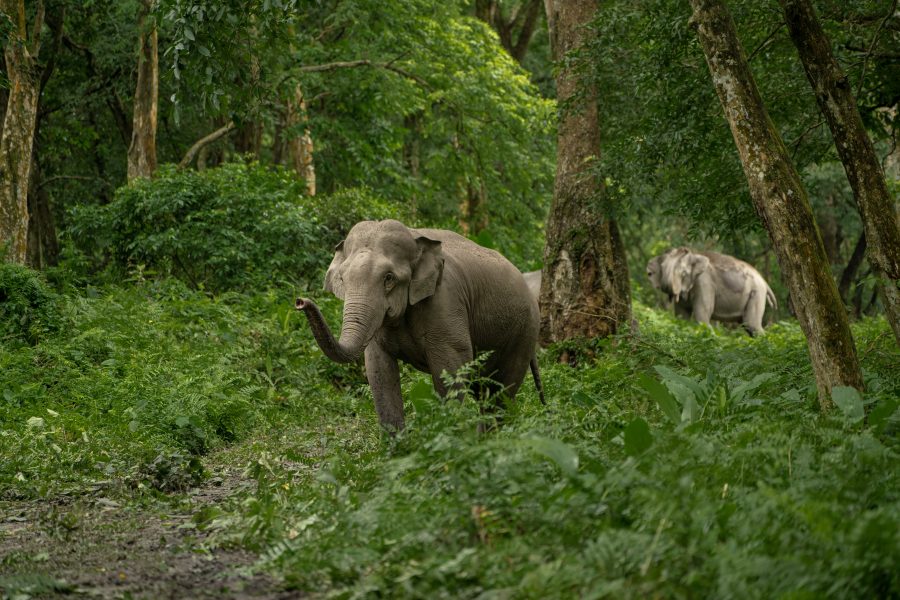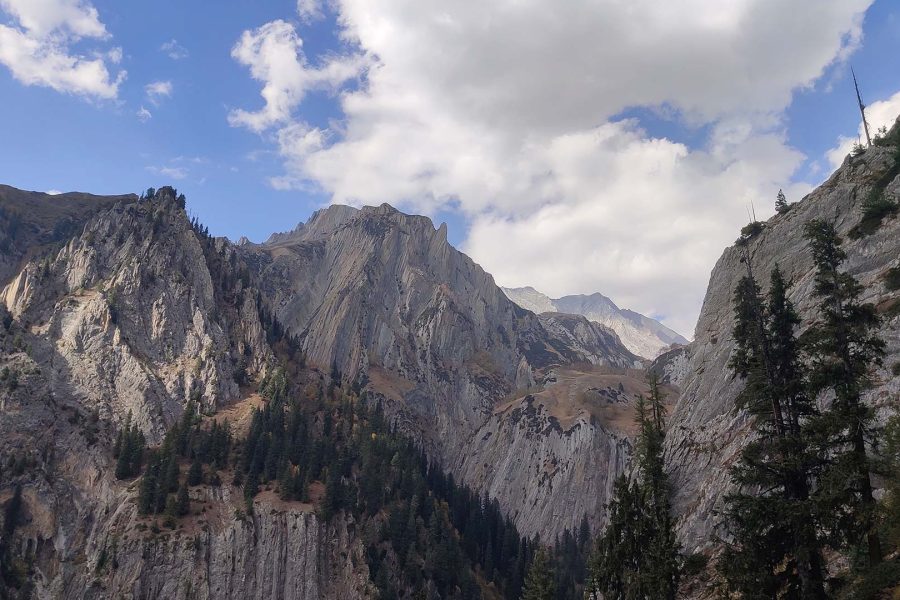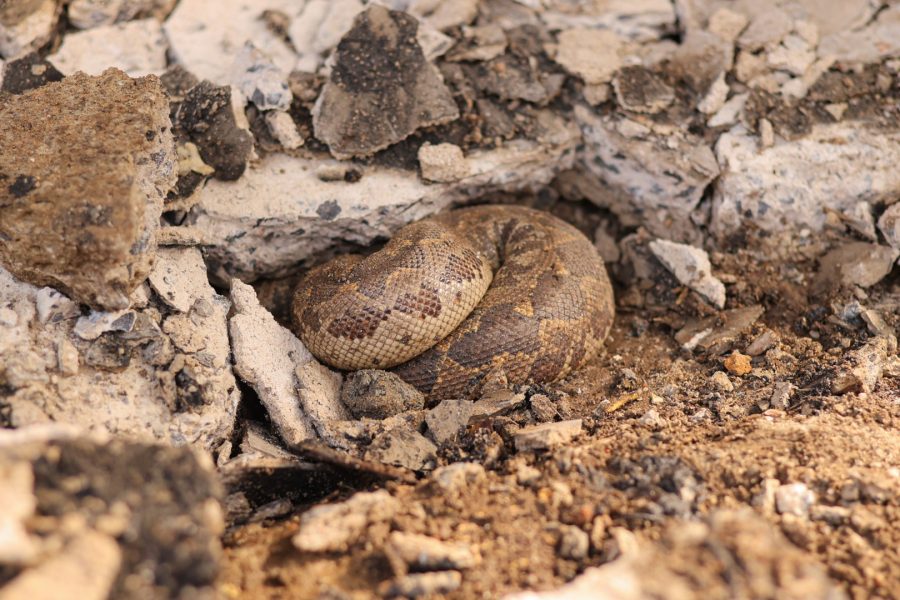 By Steffi Joseph
By Steffi Joseph
Wildlife SOS, a Delhi based NGO received a call on their Vadodara helpline about a strange looking animal. The caller Mr. Shah a resident of Vasna Road, Vodadara in the western state of Gujarat reported an unusual looking animal found by their carpenter in the house. The Wildlife SOS/GSPCA team that runs a wildlife helpline in Vadodara reached the location and rescued an adult female ‘Smooth-Coated Otter’ from the location.
The otter was found behind the temple of the house. The members of the family were very scared and they thought the animal was being aggressive. The panic stricken family then called the Wildlife SOS/GSPCA helpline. The animal was identified as a smooth-coated otter and then handed over to the Gujarat Forest Department in Vadodara.
Round Forest Officer, Vadodara, M R Gadhvi said, “it’s strange that an otter was found in such a densely populated area of Gujarat! Otters are found in Kadan dam and Mahisagar River near Vadodara. Due to heavy rains in the past few days Kadan dam has been releasing a lot of water. I suspect the otter may have been dragged into this area by rushing flood water and landed in the canal. We shall release it back in the nearest natural habitat where otters are found.”
The smooth-coated otter (Lutrogale perspicillata) belongs to the subfamily of Lutrinae which is part of the family Mustelidae which also include badgers and weasels. Otters dig dense holes in dense vegetation and under tree roots. They use scent to communicate with other otters but are also known to communicate well with the wails, whistles and chirps. Their basic diet usually comprises of fish but they also hunt for frogs, insects and small mammals.
Snehal Bhavsar of GSPCA, said, “The otter was in a very aggressive mood. It kept running away every time we tried to capture it. We had to carry out the rescue operation with a lot of care and it took us over an hour to capture the animal.”
Otter pelts are illegally traded in India, Nepal and China. These creatures are killed for their fur which is known to be durable and dense. In some parts of India, otter blood is known to be used as a cure for epilepsy. The nomadic tribes of Jobis and Gilharas also hunt the animal for its meat as well as fur.
Geeta Seshamani, Co-founder of Wildlife SOS said, “under the Wildlife (Protection) Act, 1972, otters are a protected species. They are extremely endangered and rare. It is a sign of great biodiversity to confirm their presence in Vadodara, Gujarat. I am very glad our team could rescue the animal and safely hand it over to the forest department.”





